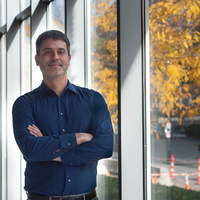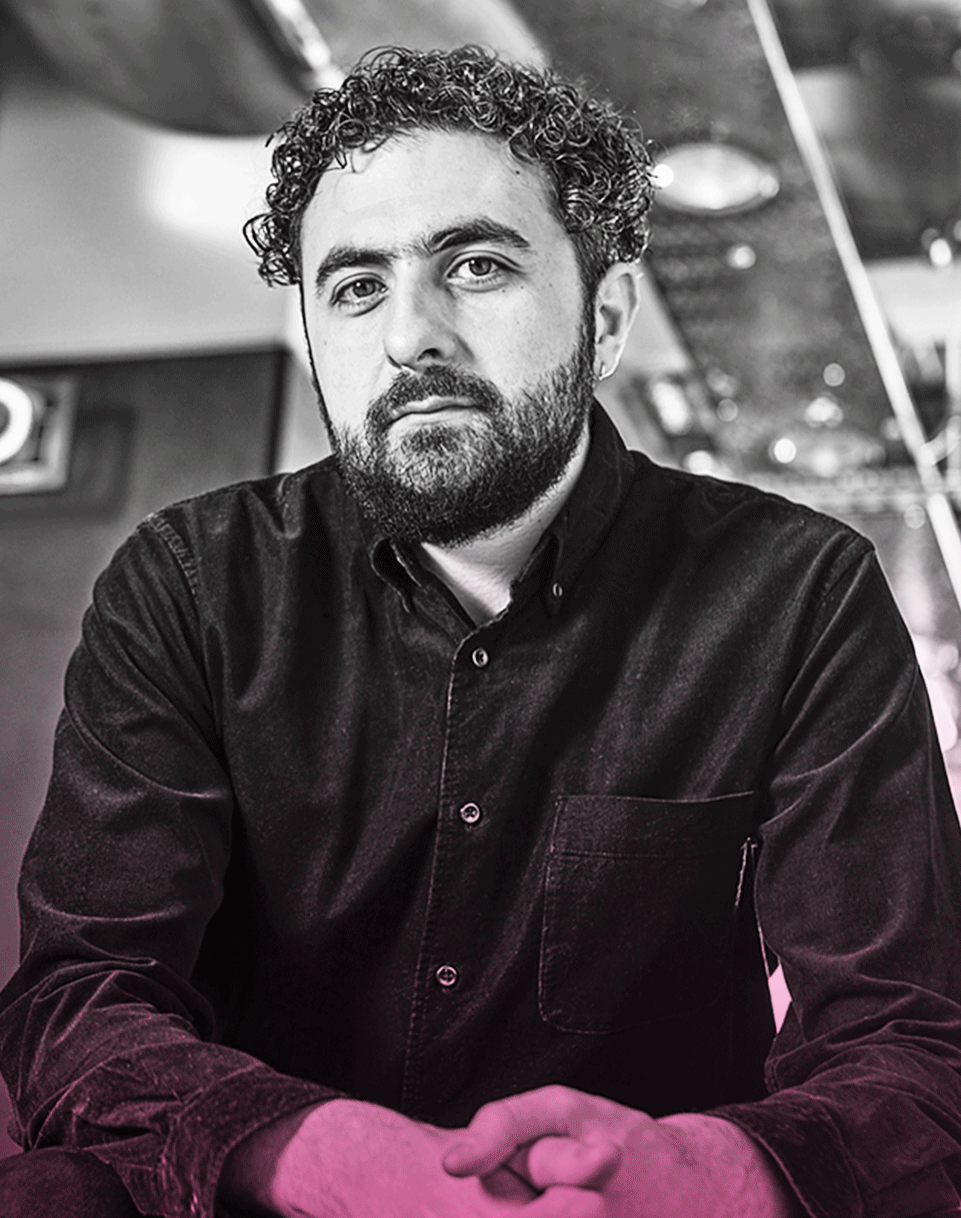Artificial intelligence & robotics
Mustafa Suleyman
Working to alleviate human suffering through AI.

Latin America
Cristina de la Peña
She can revolutionize advertising and 'marketing' with her technology to analyze, in real time, the reactions of the public to a campaign

Europe
Taco Cohen
His neural network multiplies by 10 the efficiency of data to turn deep learning into an expert on medical images

China
Wei Cui
He developed the first AI-powered adaptive learning system for K-12 students in China

Latin America
Alfredo Morales
He applies AI to social networks to understand the behavior of societies and reduce the effect of the 'bubbles of opinion’
